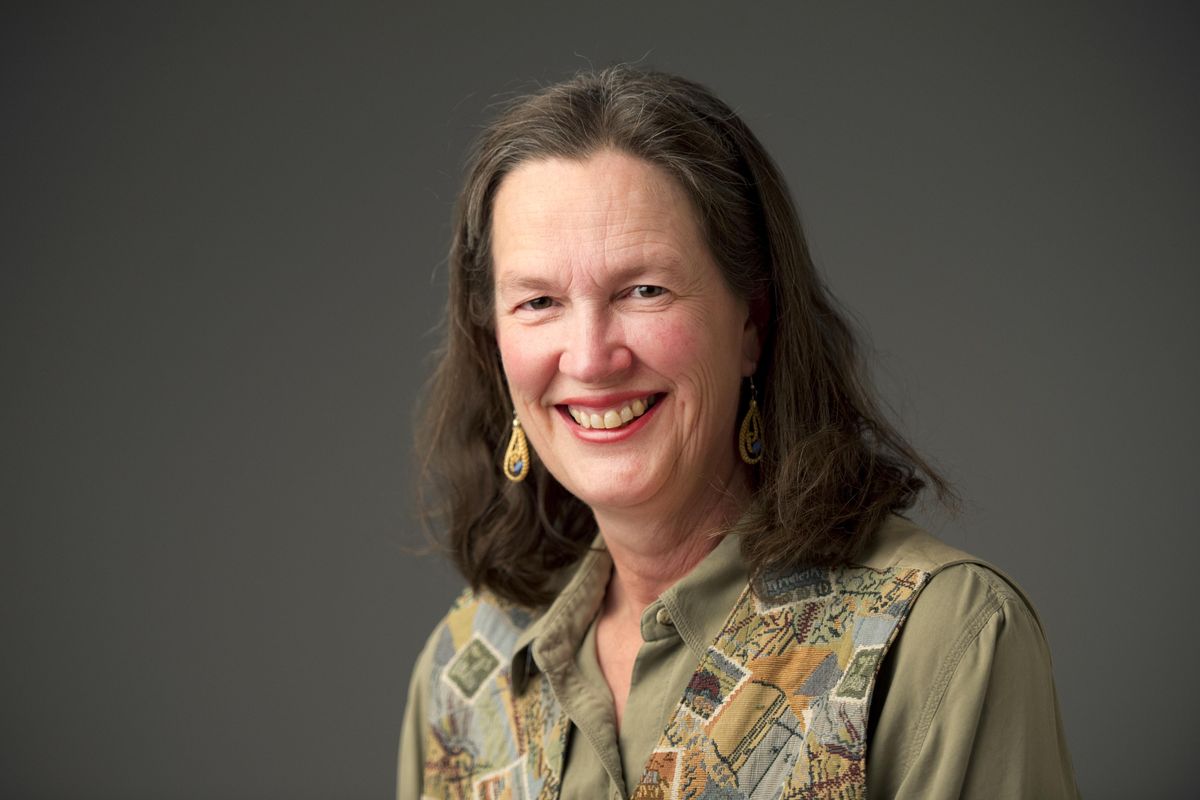Sue Lani Madsen: Manufactured outrage at Congressional town halls restricts constructive dialogue

There’s still a lot of post-election frustration, hanging on as stubbornly as March snow.
It’s frustrating to call your member of Congress and land in voicemail. It’s frustrating to feel your voice hasn’t been heard, and there’s no town hall on the schedule. Or maybe you don’t like crowds, but where do you tell your story? You’ve heard she holds small group conversations, but you don’t know how to get invited.
It’s frustrating to read her being quoted saying “My best way of getting information is to go and find people who are affected (by issues or policies) and get their individual stories” when nobody asked about your story and you’re pretty sure Sen. Patty Murray isn’t interested anyway. So I’m frustrated.
And some citizens in Eastern Washington feel the same way about Rep. Cathy McMorris Rodgers.
Protesters have turned up at district offices of congressional Republicans around the country. In the background is the “Indivisible Guide,” written by a handful of Democratic congressional staffers surprised to be unemployed last November. Their goal is the establishment of Indivisible chapters nationwide targeting not only Republicans but pressuring Senate Democrats to delay, delay, delay.
The Spokane Indivisible Facebook page states their goals are “to protect progressive values and defend our democracy using the Indivisible Guidelines for local action.” While banding together to protect and promote deeply held values is essential to democracy, the Indivisible guidelines are specifically about disruption. The national movement’s intent is to stall progress by absorbing congressional staff resources and attention.
The Indivisible Guide picks up on strategies popularized by the tea party outbreak of 2009 and organizes them into a checklist for progressive protesters. There are detailed tactics for disrupting town halls and manipulating media coverage. It promotes holding faux town halls to publicize “Where’s _____?” campaigns. You can fill in the blank with the name of any of the more than 200 members of Congress who have refused to play the game.
Staff for both Murray and McMorris Rodgers reported their bosses appreciate the increased public engagement. Getting more people involved is a good thing, as long as the engagement is productive.
Kerry Arndt, press secretary for Murray, pointed out the Indivisible Guide does have good advice on making effective phone calls. Keep it short and sweet, because the number of phone calls has been unprecedented. When all lines are busy, your call rolls straight to voicemail. Arndt reported in Murray’s office it’s been all hands on deck just to handle voicemail, and there still are more than 20,000 voicemails from last week that have yet to be downloaded and cataloged.
You might reconsider that catty tweet recommended by Indivisible about “nobody is answering the phone or returning calls.” It’s not personal.
And town halls are not a panacea. Not everyone is comfortable telling their story at a town hall microphone in an age of viral videos. The ideal setting is face to face rather than face to crowd, especially when some in the crowd are intent on disruption. They’ve ruined town halls for everyone this year.
For now, the local focus is on smaller roundtables. I asked Molly Drenkard, press secretary for McMorris Rodgers, how people are notified to attend Conversations with Cathy. No mystery. Not necessary to agree with the congresswoman. Just be engaged with district staff so they know who you are, where you are, your interest area and how to contact you.
One ongoing small group is the Peaceful Communities Roundtable, brought together by NAACP President Phillip Tyler and McMorris Rodgers. It started on the timely topic of poverty, racism and divisiveness.
Then idiotic fliers posted by white supremacists provided a teachable moment that led to Recreation Against Racism, a March 12 event at the HUB Center.
“I want to have people look at each other and agree ‘We are Spokane.’ We have to stop dismissing other people because they don’t agree with us,” said Tyler, who helped organize the event against racism. Cross-boundary community events like this are an opportunity to substitute positive transformation for disruption and disharmony.
The intense frustration like the March snow will eventually melt. Will it create a destructive flood or lead to new growth?